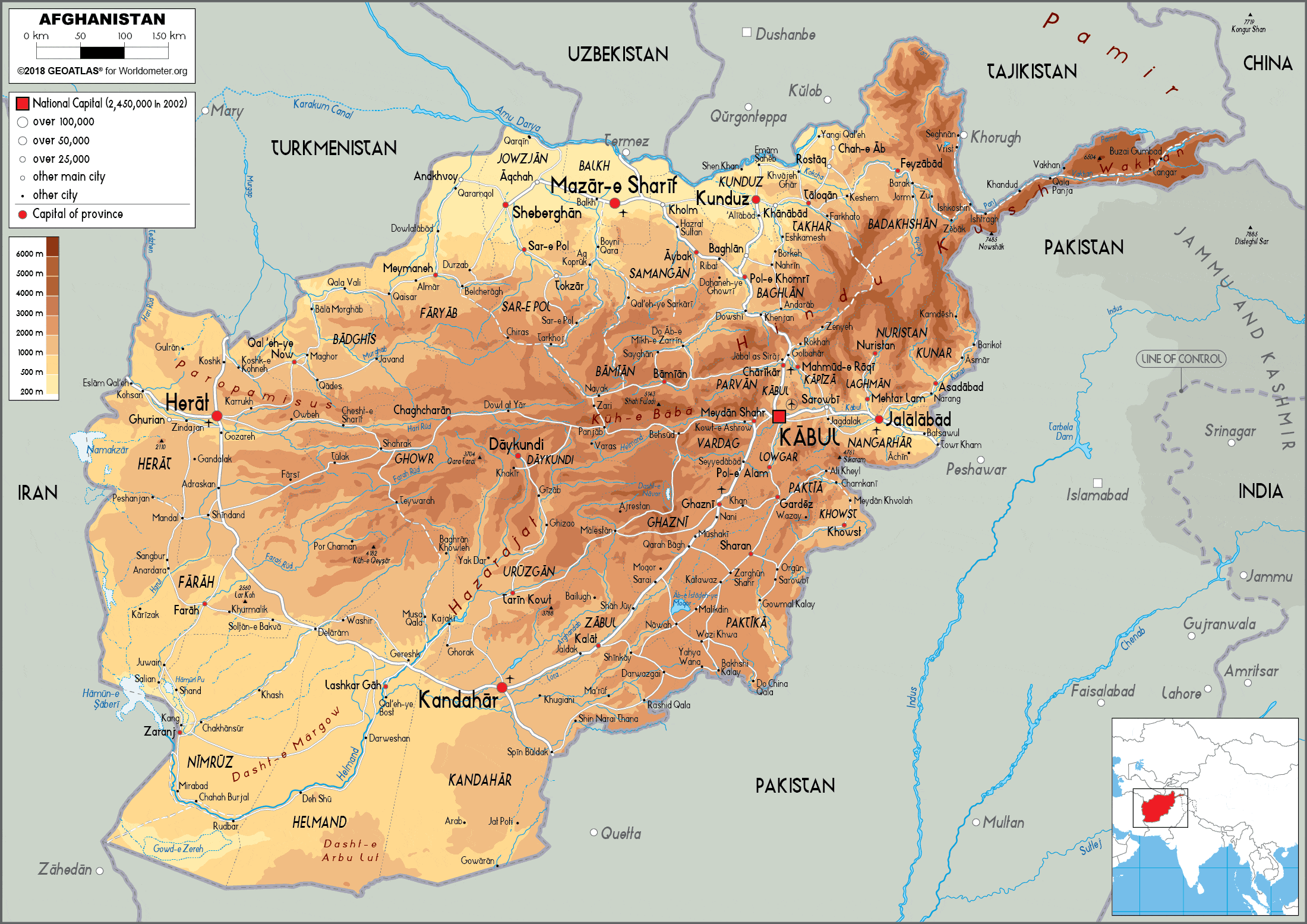
American author, Pulitzer Prize and Presidential Medal of Honor winner James A. Michener, well known for his novels, also wrote short stories, non-fiction essays, and articles. In this article from 1955, Michener talks about his impressions of Afghanistan. I transcribed it in Anniversary Gregg for the blog.
Attachment: afghanistan-meeting-place-of-nations.pdf
It was interesting to contrast to how the country is today with how it was viewed when this was written.
Apart from several words, mainly adjectives, which I could not get, there are three things which struck me. First was "US army" which I puzzled over a while till I got a few sentences on. Secondly "even more" in which you used the jog to make the phrase. I find the jog not very facile and so I would make them separate words. Even using it to omit vowels I find hard to write.
Thirdly I was pulled up by "onto". For I had slipped into writing it as [2] (perhaps I just did it under the influence of "into" [3]. I now realise it should be as [1], but I cannot think of any word that my [2] could be confused with.
The diagram showing 1,2,&3 got minimised to illegibility so I will describe it instead. (Sorry but my usual method of attaching little diagrams to my posts seems to have gone wrong today.)
[1] was an on + to with an ANGLE (not blend) between the n and t.
[2] was an n-t blend with an o hook at the start and an oo hook at the eend
[3] was an n-t blend with an oo hook at the end
I fixed the diagram. You can see it now.
There are many special shortcuts that are used for writing the name of government agencies (including some of the branches of the military), as well as personnel titles. Since I had the opportunity to write the shortcut, I did.
Getting used to writing a jog is a matter of practice, but writing the words separately is not a problem.
"Onto" is written without the blend to make it more legible.
Incidentally, if you can't get some of the outlines, make a list of them. You can always ask for help here. It also helps me because I may have made a mistake in the shorthand.
Well since you ask …..
page 2 column 1 line 5 from the bottom, fifth form: '? rivers'
page 2 column 2 line 3 from the top, first form: '? I counted'
page 5 column 1 line 4 before "SHANGRI LA", last form '? features'
page 7 column 2 line 10 from the top, first form: '? whine'
page 8 column 1 line 7 from the top, third form: '? a pure'
page 8 column 2 line 3 from the bottom, fourth form: '? of total'
page 9 collmn 1 line 2 from the bottom, last form: 'his own ? gardens'
I had other words I could not previously translate, but when writing them out for this list I got their meaning. Particularly on page 10 column 1,where I presume the second sentence in the "PROGRESS" section starts 'HYDROELECTRIC plants'. I see that you omitted the 'k' (in electric), having written hydrel above the "plant". At the time I was trying to fit various types of vegetation! I should have paid attention to the position of the two parts.
Here you go:
1. "numerous rivers"
2. "for example, I counted" (I forgot the p, but added it now.)
3. "handsome features"
4. "ceaseless whine"
5. "gotch, a pure flaky gypsum"
6. "policy of total"
7. "his own customs guards"
Thanks Carlos,
I should have got "policy" and "customs". "gotch" I would never have discovered (at the time I thought "gorch" and discounted it). "Numerous": I often assume that the American pronunciation (*) is a U and not the eu diphthong — but I should use the dictionary more!. In "handsome" I mistook the n-s for a u: this is a fine distinction which has confused me on many occasions.
(*) The American/Irish pronunciation has influenced many of the Gregg forms (for he was Irish and did most of his work in the USA). For example "either"; "futile" (I would have the i as a major vowel, but Americans say feutl); "new" spelt n-u; and so on.
Anyway, on with the next transcription.
Nick
Good to cl
You're welcome!
Thanks Carlos, for your help and explanations.
You're welcome!